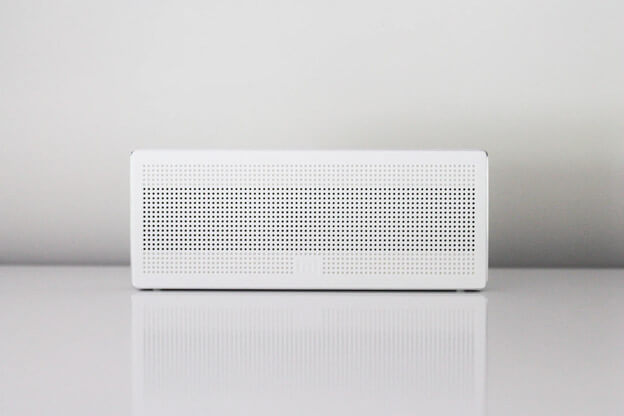
No matter the season, HVAC systems can keep your living space at a comfortable temperature. But not every HVAC system is a good fit for every home. What’s the best unit for you? To find the answer, you’ll need to consider the following:
HVAC Size
If you select a HVAC unit that’s too small for your home, the system will need to work harder to regulate the temperature. The consequences of the mismatch may not be immediately apparent, but the unit will eventually experience breakdowns and excessive wear from overworking itself. In other words, it’ll have a shorter-than-average lifespan.
An HVAC that’s too big for your home can also be problematic. They may turn on and off too frequently, leading to excess noise, excess wear, and sudden temperature changes. An oversized system may also fail to dehumidify your living space. Lastly, you’ll be overpaying for the unit and its installation.
To determine the ideal HVAC size for a home, experts use a Manual J load calculation. Call an HVAC technician today for an evaluation.
Personal Preferences
Although size is perhaps the most important factor, here are a few other things to consider:
● Do you need a unit that can cool the entire home?
If the answer is “no,” think about purchasing a ductless mini-split model. These are intended to regulate the temperature in a single room or space. As the name implies, these models forgo ductwork, which can save you money in the long run.
● Do you want a single-stage or variable-speed system?
A single-stage system operates at a single speed. It’s the simplest and cheapest option upfront. Variable-speed systems have more than one speed setting, meaning they won’t operate at full power unless it’s absolutely necessary. They are more efficient and have a longer lifespan. Variable-speed systems also result in the most comfortable experience, as you won’t have to deal with sudden temperature changes or abrupt noises.
● Do you want hybrid heating?
A hybrid system uses both natural gas and electricity as fuel. Although some Denver residents simply stick with a gas-fired furnace or electric heat pump throughout the winter, a hybrid system can be more efficient, saving you money over time.
● Do you want any extra features?
Modern units have advanced features such as compatibility with smart thermostats. Don’t feel pressured to pick a system with all the latest bells and whistles. A system that fits within your budget and perfectly regulates the temperature is really all you need. If you want to be on the cutting-edge of HVAC tech, carefully research all your options before making an expensive purchase.
Judging Efficiency
When efficiency is your top priority, be sure to familiarize yourself with SEER (Seasonal Energy Efficiency Ratio) ratings. The yellow sticker will tell you what you need to know about a unit’s efficiency. The federal minimum rating is 14, but some units have a rating that exceeds 20z.
One final tip: Reach out to local HVAC contractors to find out what types of units they can install, maintain, and repair. To lower the overall cost, you’ll want to buy a unit that nearby technicians are familiar with. If your HVAC experiences problems, a local repairman can make repairs ASAP. Visit our website to learn more about the best HVAC Denver options.
